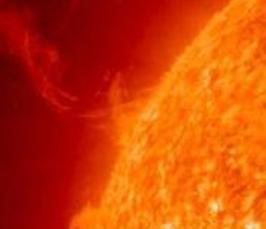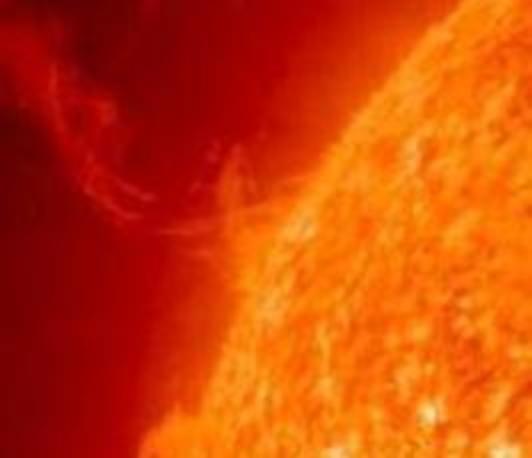The solar radiation in the cores of the Mg II h & k spectral lines strongly correlates with solar magnetic activity and global variations of magnetic fields with the solar cycle. This work provides a data-driven model of the temporal evolution of the solar full-disk Mg II h & k profiles over the solar cycle. Based on selected 76 IRIS near-UV full-Sun mosaics covering almost the full solar cycle 24, we find the parameters of double-Gaussian fits of the disk-averaged Mg II h & k profiles and a model of their temporal evolution parameterized by the Bremen composite Mg II index. The Markov Chain Monte Carlo algorithm implemented in the IDL toolkit SoBAT is used in modeling and predicting the temporal evolution of the Mg II h & k peak-to-center intensity ratio and the Bremen Mg II index. The relevant full-disk Mg II h & k calibrated profiles with uncertainties and spectral irradiances are provided as an online machine-readable table. To facilitate the utilization of the model corresponding routines, written in IDL, are made publicly available on GitHub.Co-authors: Stanislav Gunár (The Czech Academy of Sciences, Czech Republic), Pavol Schwartz (Slovak Academy of Sciences, Slovakia), Petr Heinzel (The Czech Academy of Sciences, Czech Republic; University of Wrocław, Poland), Wenjuan Liu (The Czech Academy of Sciences, Czech Republic)
[mehr]

